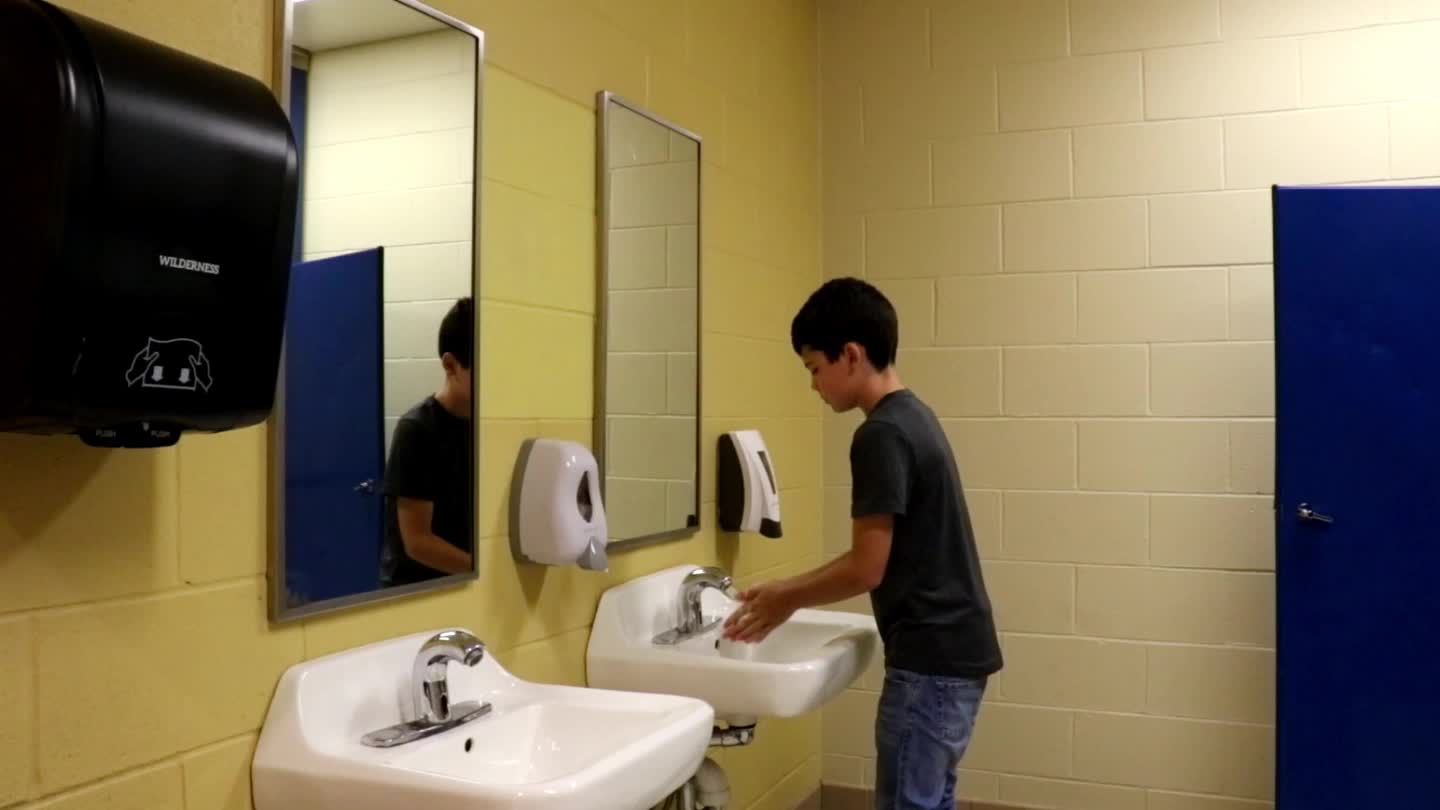Introduction
Handwashing is an essential skill that students need to learn and practice regularly. For students in Special Education, teaching handwashing can also serve as an opportunity to incorporate principles of Social-Emotional Learning (SEL). This blog post will discuss a no-prep activity that educators can utilize to teach handwashing skills effectively, along with discussion questions and related skills for students.
No-Prep Activity
One simple and effective no-prep activity to teach handwashing skills is the “Handwashing Role-Play.” In this activity, the educator will demonstrate proper handwashing techniques and then encourage students to practice the skill themselves. Here’s how to conduct the Handwashing Role-Play:
- First, explain the importance of handwashing to your students. You can discuss how it helps to prevent the spread of germs and maintain good personal hygiene.
- Next, describe the proper handwashing technique using the example provided by Connor: “When I wash my hands, I turn on the warm water. Take a little bit of soap. Not too much but not too little. Rub my hands back and forth under the water for at least 30 seconds. And then turn the water off and dry my hands.”
- Now, demonstrate the handwashing technique in front of your students. Be sure to emphasize each step: using warm water, applying the right amount of soap, rubbing hands together for at least 30 seconds, turning off the water, and drying hands.
- Finally, invite your students to practice the handwashing technique. Provide guidance and feedback as needed to ensure they are following the steps correctly. Encourage students to help each other and offer positive reinforcement.
This no-prep activity allows students to learn the essential skill of handwashing while also practicing SEL through cooperation, communication, and self-awareness.
Discussion Questions
After completing the Handwashing Role-Play activity, use these discussion questions to stimulate further conversation and reflection:
- Why is it important to wash our hands regularly?
- What are some situations where handwashing is especially crucial?
- How can we remind ourselves to practice good handwashing habits throughout the day?
- What strategies can we use to ensure we’re washing our hands for the recommended 30 seconds?
- How does practicing good handwashing habits contribute to a healthy classroom environment?
Related Skills
Teaching handwashing skills can serve as a foundation for other relevant skills for students in Special Education. Some of these related skills include:
- Personal Hygiene: In addition to handwashing, students should learn about other aspects of personal hygiene, such as brushing their teeth, showering, and using deodorant.
- Self-Care: Handwashing is one aspect of self-care, which also encompasses activities like getting enough sleep, eating a balanced diet, and engaging in physical activity.
- Responsibility: Practicing good handwashing habits is an important responsibility that students should take seriously to maintain their health and the well-being of those around them.
- Respect for Others: By following proper handwashing techniques, students show respect for their classmates and teachers by helping to prevent the spread of germs and illness.
Next Steps
Now that you have learned about this no-prep activity for teaching handwashing skills and its connection to Social-Emotional Learning, consider incorporating it into your classroom routine. To explore more resources and activities that can support your students’ development in Special Education, be sure to sign up for free samples at Everyday Speech. You’ll find a variety of materials designed to help students build essential skills and foster a positive learning environment.











